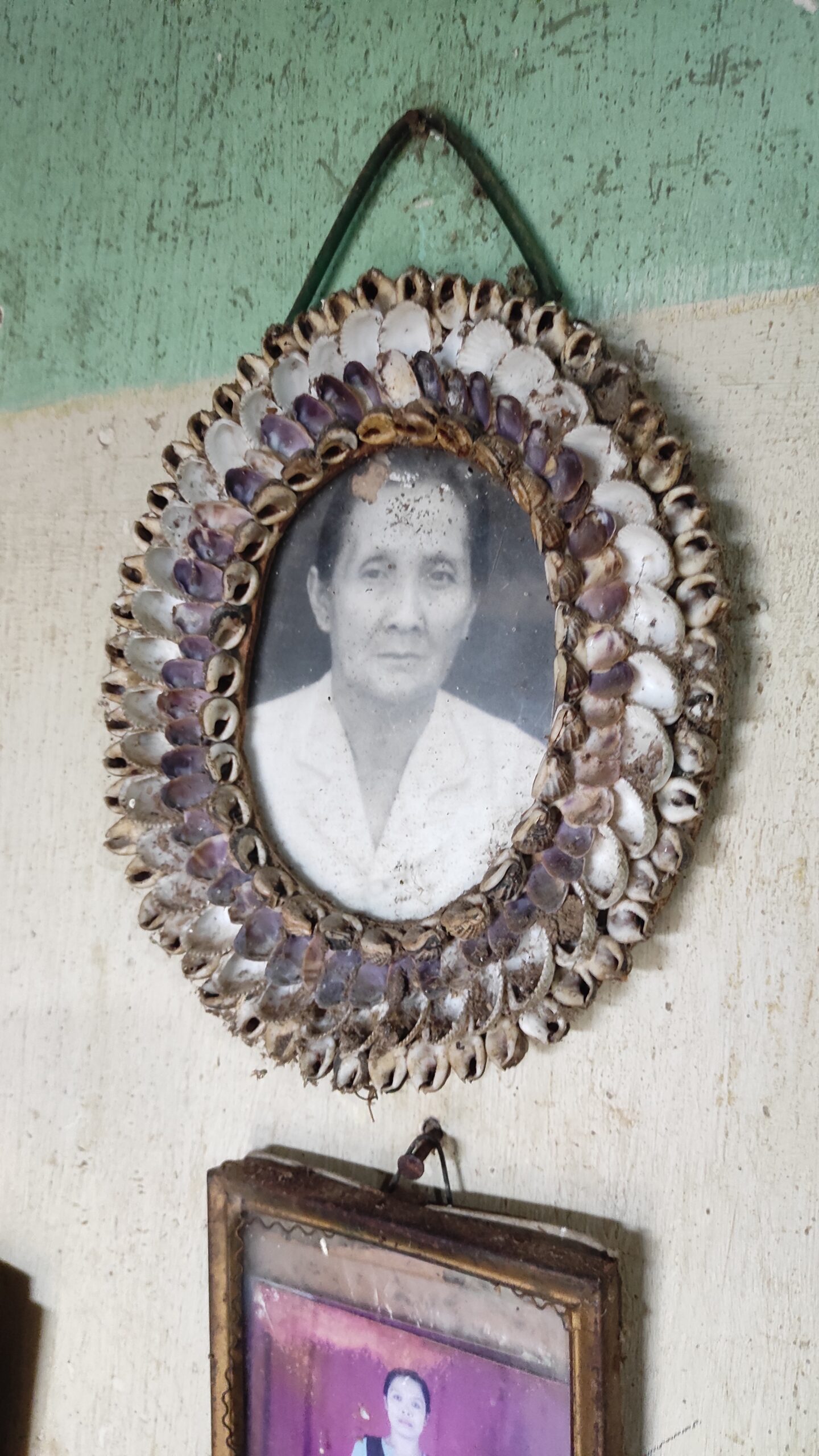Imagine you are born in the late 1800s on a small island. You have your traditional culture which you learn from your parents and grandparents as you grow up. Life is difficult because you must work every day in order to be able to grow and harvest your food.
Just when you’re ready to settle down, get married and make a family, your world changes. There are foreigners arriving in your country, and taking over your island.
They don’t speak your language, their skin is the wrong colour, and they are taller than you. The simple life of working in the fields, walking everywhere you go, and doing ceremony in the temple is changed. Now these new people bring bicycles and cars to the island. You don’t trust the people, and you don’t trust their machines.
Your first child born is a girl. You worry that if she goes to school and walks back along the road she might get run over by a car. So you keep her at home and tell her she cannot go to school, and you hide her from these foreigners.
That little girl managed to grow up safely and in March 2023 she told me this story about her parents. Not only did she grow up, she has lived a full and long life and now she is more than 100 years old.
Nyarikan Surama is the eldest of 7 children, though she has managed to outlive her 6 brothers. Her parents were rice farmers, mostly working for other land owners in the district around Bebetin, in north Bali.
On the day I interviewed her, she was in a lot of pain, having fallen over 3 days earlier. At her age, she is lucky not to have broken her leg or hip. Her family helped her to sit up, and at times I just sat in silence while she adjusted her position to reduce the pain. A nurse was coming again to attend to her.
She is blind, a little bit deaf, and her teeth are gone. I spoke loudly when I introduced myself to her in Indonesian, and she held my hand firmly, nodding her appreciation for my visit. During my interview, her family sometimes repeated my question loudly, or answered for her, and there was quite a lot of discussion, while she and I sat quietly.
Mostly she speaks local Balinese, so I don’t understand much of what she was saying, thus relying on my friend Ketut Sumarwan to translate for me.
She told us her family were very poor, and food was never plentiful when she was young. At 102, her memory isn’t accurate, though she said she was already a grown woman, probably in her 20s when the Japanese took over Bali in 1942.
She recalled a time when she was still a young girl. The family had collected a lot of bananas, and these were piled up at the front of their house, ready to be taken to the market. She saw a group of Dutch soldiers coming, so she ran away and hid from them. Later, she saw the bananas were scattered everywhere, and some had been taken.
Through Ketut, I mentioned another old lady in her town, Ibu Luh Suwati, and the conversation I’d had with her about the Japanese, who took half of every harvest. She nodded, and replied that yes, at that time it was very difficult for food.
She was married about that time, and eventually had 7 children. Some of her extended family now live in Melbourne Australia. When I arrived, there was a video call happening between Melbourne and Bali, and the phone was handed to me. In Melbourne, they are very proud of their Grandmother.
Through the family in Bali, and via Ketut translating, I learned that she is a hero in the area. She made a career as a specialist nurse, and was able to turn babies in the womb, ensuring a smooth birth for the mothers. Probably about half the population from Sawan to Lemukih are alive today thanks to her skills.
Across the district she was also well known as a very good dancer, often performing at temple ceremonies. Luh Suwati, who Ketut and I saw again after our interview with Nyarikan, told us they were both in a female dance troupe together for many years.
At 102, she is unable to do much, although she was walking around with the aid of a stick, until her fall. However, her total joy was, and still is, smoking. Her son lit a cigarette and passed it to her early in the interview, and she sat for a while puffing strongly on it in silence. I saw that she took great pleasure from just relaxing with a cigarette. (Many older people whom I have met still smoke in their 80s, mostly rub tobacco that can be purchased from the local markets. Sometimes it’s wrapped in a dried piece of banana leaf and lit. Am always smiling when I see them surrounded by clouds of smoke).
Since Nyarikan was in pain to remain sitting up, I chose to end the interview, as I could see she was beginning to struggle. Again, she thanked me for visiting her. Her family assisted her to lie down, and she was soon sleeping.
I can honestly say that I am in awe of any person who has reached 100+ years of life, especially knowing what village life was like for her as a young person in Bali. I am grateful to the family for their support during the interview with Nyarikan Surama, and eternally grateful to Kadek Etty, whom I met last year while waiting to meet and interview Luh Suwati. Kadek organised my interview, and it wouldn’t have happened without her assistance. Again, Ketut Sumarwan has been patient in travelling and attending interviews and translating for me.



